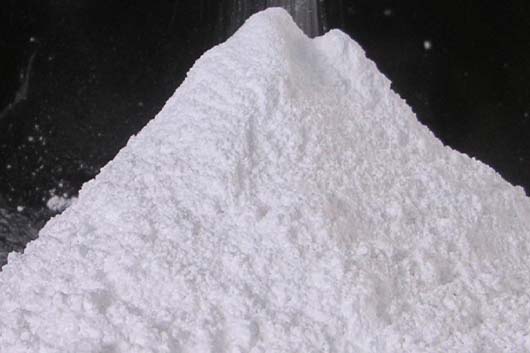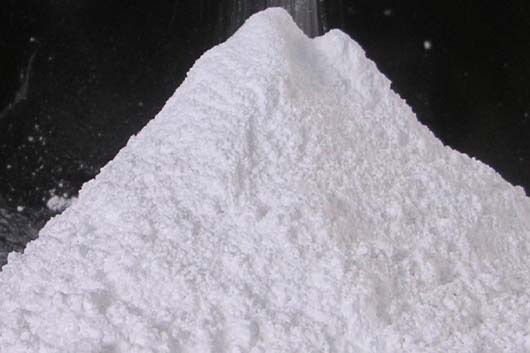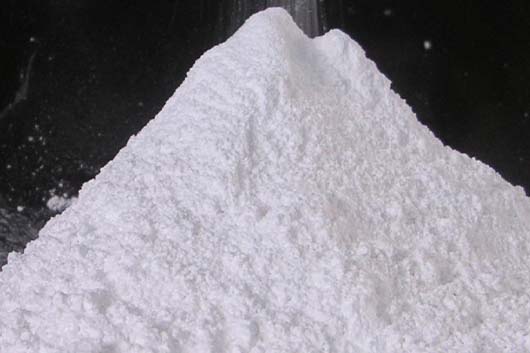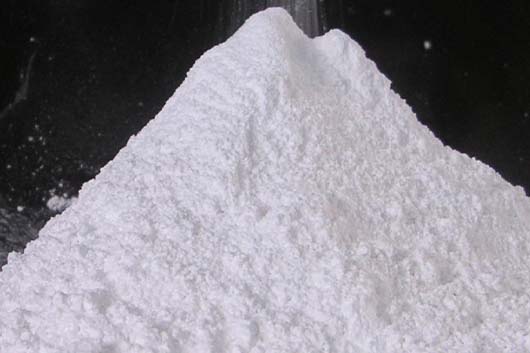Talcum powder has long been a household staple, renowned for its soothing and absorbent properties. Whether used for personal care, cosmetics, or industrial applications, talcum powder has found its place in various industries. In this blog post, we will delve into the intricate details of talcum powder’s composition and reveal the formula behind its creation. As a trusted Manufacturer of Talc Powder in India we aim to shed light on the formulation of this versatile product.
Understanding Talcum Powder
Talcum powder, also known as talc powder or simply talc, is a soft and naturally occurring mineral composed primarily of magnesium, silicon, and oxygen. Its exceptional properties make it a versatile ingredient in various industries, including cosmetics, personal care products, pharmaceuticals, and more. Talcum powder is cherished for its absorbent, anti-friction, and anti-caking qualities, making it an ideal component in countless consumer goods.
The chemical formula for talc powder is Mg3Si4O10(OH)2.
The Ingredients
To create high-quality talcum powder, precise selection and formulation of ingredients are crucial. Let’s delve into the essential components:
-
Talc: The fundamental ingredient is talc, which serves as the backbone of the powder. Talc is carefully mined, purified, and then ground into a fine powder to achieve the desired texture and consistency. It provides the characteristic softness and smoothness associated with talcum powder.
-
Fragrance: A touch of fragrance enhances the user experience, leaving a pleasant and refreshing scent. The choice of fragrance may vary depending on the intended application, such as floral notes for cosmetics or a mild aroma for personal care products.
-
Moisture Absorbers: It is renowned for its moisture-absorbing properties. To enhance this feature, various moisture-absorbing agents, such as silica, cornstarch, or magnesium carbonate, may be incorporated into the formula. These ingredients help maintain dryness and prevent clumping.
-
Anti-Caking Agents: Talc particles have a natural tendency to bind together, forming clumps or lumps. Anti-caking agents like magnesium stearate or calcium stearate are added to prevent such undesirable agglomeration, ensuring the powder remains free-flowing and easy to use.
The Manufacturing Process
The process of creating talcum powder involves meticulous attention to detail and adherence to strict quality standards. Here’s a glimpse into the manufacturing process:
-
Mining and Purification: It is obtained from natural deposits and carefully mined to ensure the highest quality raw material. It then undergoes purification techniques to eliminate impurities and enhance its purity.
-
Grinding and Micronization: The purified talc is ground into a fine powder using specialized machinery. Micronization processes help achieve the desired particle size and consistency, ensuring optimal performance in various applications.
-
Mixing and Blending: Once the talc powder is obtained, it is combined with other carefully measured ingredients. The ingredients are mixed and blended thoroughly to achieve a homogeneous mixture, ensuring even distribution of fragrance, moisture absorbers, and anti-caking agents.
-
Quality Control: At A.N. Enterprises, we prioritize quality control at every step of the manufacturing process. Rigorous testing and inspection procedures are implemented to ensure that our talcum powder meets the highest standards of purity, consistency, and safety.
Application and Benefits
Talcum powder finds extensive use across diverse industries due to its remarkable properties. Some of the key applications and benefits include:
-
Cosmetics and Personal Care: It serves as a vital component in cosmetics such as foundation, blush, and eyeshadows, imparting a smooth and silky texture. It is also used in personal care products like body powders, deodorants, and baby powders, providing a refreshing and comfortable feel.
-
Pharmaceutical: It is utilized in the pharmaceutical industry for its lubricating and anti-adherent properties. It is commonly used as an excipient in tablet formulations, aiding in the manufacturing process and improving drug stability.
-
Industrial: Its unique combination of softness and heat resistance makes it valuable in various industrial applications. It is used in the production of ceramics, paints, plastics, rubber, and more.
Conclusion
Crafting talcum powder is an art that requires precision, expertise, and a deep understanding of the ingredients. At A.N. Enterprises, we strive to deliver talc powder that exemplifies excellence in quality and performance. Through our commitment to innovation and meticulous manufacturing processes, we provide our customers with talcum powder that enhances their products and experiences. Join us on this remarkable journey as we continue to redefine the boundaries of talc powder excellence.





